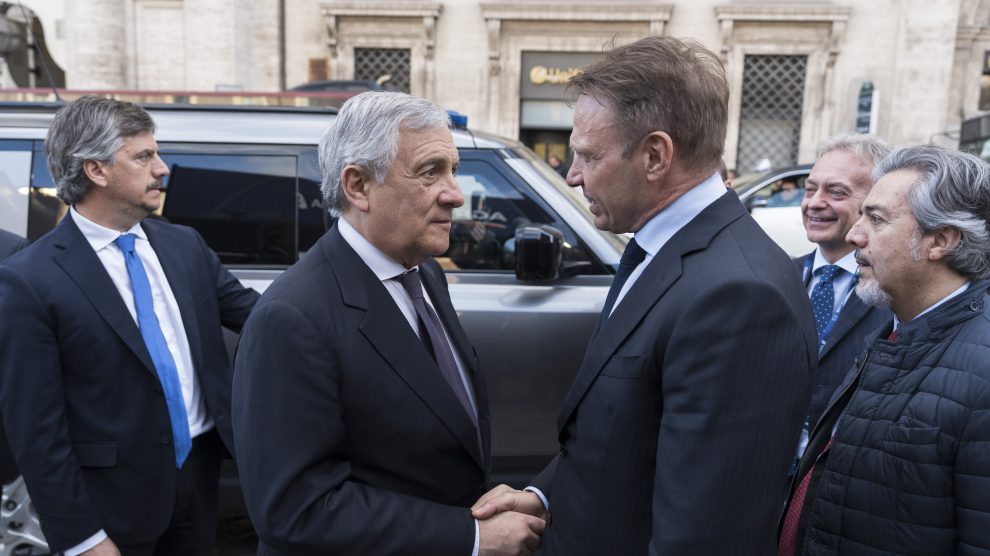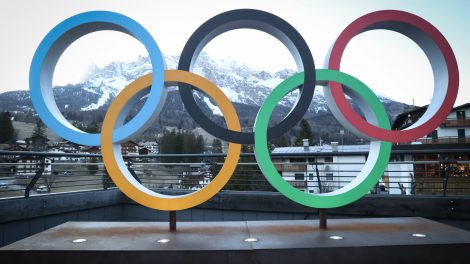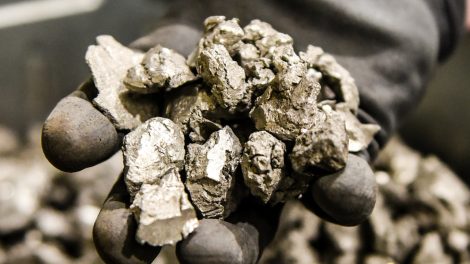Decoding the news. After two decades of negotiations, the EU and Mercosur have finally concluded the world’s largest trade agreement.
- For Italy, it’s a balancing act: tremendous opportunities for wine, cars and pharma, but also risks for rice and livestock farmers.
- Ministers Tajani and Lollobrigida frame the pact as both a strategic diversification tool and a test of Europe’s ability to protect its producers.
Why it matters. The EU-Mercosur pact is the largest free trade deal ever negotiated by Brussels.
- It covers a market of 800 million people and a combined GDP of €2.7 trillion.
- For Italy, the deal is both a commercial opportunity and a political statement in an era of renewed U.S. tariffs under Donald Trump.
Key numbers. €16 billion — 2023 trade volume between Italy and Mercosur.
- 30,000 EU companies export to Mercosur.
- 90% of EU exports to Mercosur will see tariff liberalization.
- 57 Italian geographical indications (e.g., cheeses, wines) will gain protection.
What Tajani says. “It’s more than a step forward: this is a cornerstone for Europe-Latin America ties, both commercial and political. Italy played a decisive role alongside PM Giorgia Meloni,” said today Foreign Minister Antonio Tajani in an interview with Il Sole 24 Ore. In his view, Tajani:
- Highlights Italy’s diaspora communities in Latin America as a strategic advantage.
- Sees the agreement as part of a €700 billion export strategy, diversifying away from dependence on China.
- Notes added safeguards for agriculture, with monitoring, sanitary controls, and compensation mechanisms — “unprecedented in EU trade deals.”
What Lollobtigida says. “The effects won’t be felt before 2027. In the meantime, we’ve allocated €300 million for red meat and additional resources for food sovereignty. No one will be left behind,” said Ministry of Agricolture Francesco Lollobrigida in a yesterday’s interview with La Stampa.
- Italy secured a “reinforced monitoring” system to protect sensitive sectors (rice, red meat, etc.).
- “If prices drop more than 10% in even one country, the deal’s application can be suspended. That’s common sense,” che claimed.
The big picture. The EU-Mercosur deal is a geopolitical hedge against overreliance on China.
- Rome is pushing a balanced approach: open markets, but with protections for domestic producers.
- The deal now awaits EU Council and European Parliament approval, with full effects expected post-2027.





